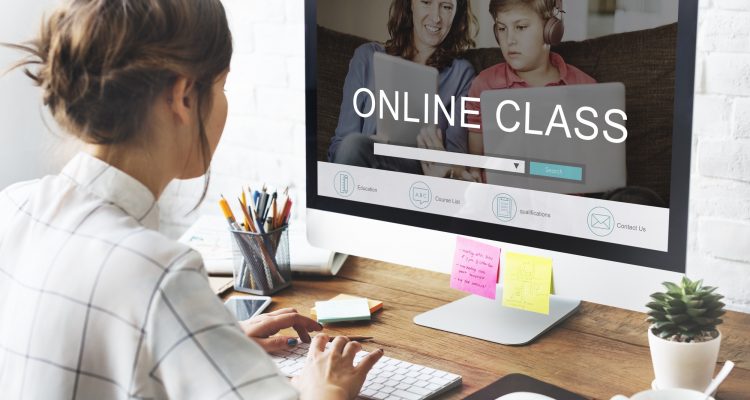When I think about earning a degree online, my mind immediately connects to the University of Phoenix commercials that played between episodes of shows meant for children and young teens. It never occurred to me that they played for the adults accompanying their children while they were watching the show. Because of these advertisements, stay-at-home moms, dads going through midlife crises, single parents recovering from the financial burden of a divorce, or a recent graduate who felt obligated to enter the work-force likely would have considered the option of pursuing a degree online to fit their busy schedules. As of 2020, the University of Phoenix has a 33 percent retention rate and a 15 percent graduation rate.
This does not mean that all online higher education is ineffective, though. In fact, recent studies have shown high approval rates for online degrees among employers. Employers see a lot of benefits to having an online degree, especially with time management. Deciding to earn a degree online involves research into the institution, just like any in-person college education. Now that more schools are offering online learning, it has never been easier to receive a degree online. This, however, has caused some problems for the in-person learners.
In mid-March, Fairfield University joined its colleagues in higher education in making the switch to online learning. My peers and I have spent countless hours on our laptops per day, sitting through completely different lectures than our roommates, struggling to pay attention in this new format. We are not online learners, and most of us feel we are not gaining anything from our experience. Outsiders may think we are not trying, but older generations have not grown up in the midst of a technological revolution and a global pandemic. We are facing a unique set of challenges no other generation has ever or may ever face.
Researchers have conducted studies on what they call “e-Learning crack-up,” or the failure of educational systems that have made the switch to online instruction. One study attributes e-learning crack-up to poor instruction coupled with high expectations from professors, but we should also realize the failures were not entirely their fault. Some professors may not have taught an online course before and designed their courses to be taught in-person, not online. Fairfield University’s professors were also only given Spring Break to plan ahead for their next few months of instruction before resuming teaching, unlike other schools who granted their professors and students a grace period. Attitudes about online learning are quickly changing, though, and more instructors became more confident in their abilities to teach remotely in the fall semester.
This does not mean that students are not suffering, though. Even as an introvert, I find it hard to sit in the same room each and every day isolated from my peers. The consequences of not getting up and moving, even to walk to and from class, is doing astronomical harm to my mental health, and would likely be doing quite a lot of damage to my physical health if I did not decide to exercise. This is not a problem limited to me, though: scientists have agreed that being outside does wonders for the mind and body. With strictly online learning, it is easy to stay in the same four walls without breathing fresh air for days on end. If a student already struggles with mental or physical health issues, online learning is certainly not benefiting them in that respect.
Students are also struggling to achieve their academic goals the way they used to when learning in person. Asking for help has become an even bigger challenge over Zoom, especially if it’s a highly specific question. There is nothing wrong with struggling, but the amount of students who are is troubling. Students who expected to receive an in-person education are getting disrupted by the formatting, even though it has been months since online learning has been instated. We should not be expected to fully convert from a style of learning we have experienced for a majority of our lives to something completely different in the span of a few months, especially those who are disabled or otherwise prohibited from learning in an online format.
Unfortunately for students, America’s value of “rising and grinding” means that we will continue to sacrifice our health for a piece of paper that dictates whether or not we get a job. Stopping to take a gap year is a reflection of poor work ethic, according to Americans, because putting ambition on pause and enjoying life is not the American dream. Instead, we are forced every day to open our computers, stare at our screens, and type the rest of our lives away because we are told to. Online learning in the middle of a pandemic should show us how robotically American society functions, especially in education, and force us to reevaluate the entirety of our schooling system. Instead, we continue to prioritize productivity over mental well-being, leading students to fall into a cycle of unbreakable anxiety that is the fault of generations before them.


Leave a Reply